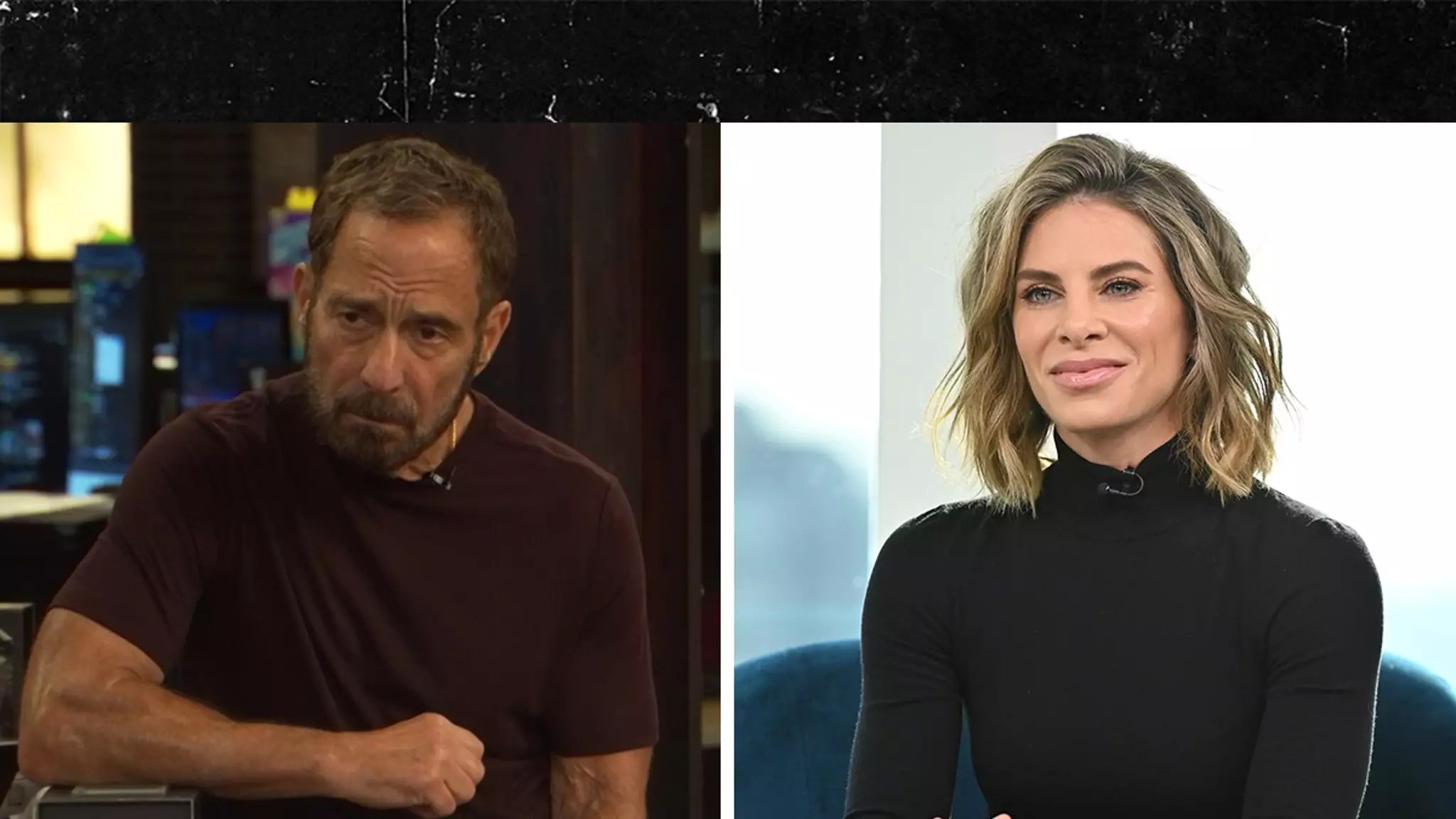Jillian Michaels, a revered fitness icon, is waging a fierce campaign to challenge the integrity of Netflix’s documentary on “The Biggest Loser.” Her outspoken rebuttal reveals a pattern of misinformation and dismisses the narrative crafted by the filmmakers. Michaels asserts that the documentary not only distorts facts but also perpetuates a longstanding attempt by certain industry figures to tarnish her reputation. Her commitment to exposing the truth demonstrates her fierce dedication to integrity and accountability within the industry she helped shape.
Rather than passively accepting accusations, Michaels showcases a meticulous evidence trail to counter claims of collaboration with Dr. Robert Huizenga. She highlights hundreds of emails as proof of her direct involvement, contradicting the documentary’s assertion that Huizenga never worked with her. Such discrepancies call into question the documentary’s credibility and suggest a premeditated attempt to manipulate perception. Her readiness to present concrete proof underscores her confidence that she is a victim of misinformation and deliberate bias, rather than a perpetrator of misconduct.
Revealing the Hidden Politics in Reality TV
Michaels doesn’t stop at fact-checking; she delves into the darker politics behind the scenes of the franchise. She describes how she was allegedly forced to intervene when contestants were abruptly taken off medications—an act she characterizes as protective, not negligent. Her accusations paint a picture of a toxic environment where unethical practices, such as drug withdrawal without proper oversight, may have been ignored or even encouraged by certain producers. From her perspective, the documentary’s portrayal of her as complicit or negligent is not only unfounded but a calculated misrepresentation intended to smear her legacy.
The controversy surrounding the caffeine ban further illustrates the shifting narratives within the show. Michaels asserts that there was never a formal ban, and she criticizes the producers for inconsistent messaging. Her vehement denial of aiding contestant Rachel Frederickson—despite the documentary alleging covert drug use—demonstrates her belief that her reputation has been unjustly targeted. These details challenge viewers to question the documentary’s objectivity and motives behind sensationalizing such claims.
The Industry’s Hidden Agendas and Personal Vendettas
Perhaps most striking is Michaels’s claim that her longstanding conflicts with key industry figures, like fellow trainer Bob Harper, and her decision not to participate in the documentary, are part of a broader scheme. She points to a call from Maria Menounos, revealing allegations from NBC sources claiming she gave illicit substances to contestants, a claim she fiercely denies. Michaels emphasizes that investigations by NBC found these accusations to be false, yet they continue to haunt her, possibly manipulated to serve nefarious agendas.
Her mention of NBC executive Brandon Riegg, who is linked to the documentary’s production, raises questions about collusion and the potential for vested interests to influence the narrative. Michaels hints at a pervasive bias, suggesting that her antagonists may be using legal threats and omissions to suppress her voice, while Netflix appears dismissive of her legal and fact-based challenges.
By weighing her options—either releasing her evidence or pursuing legal action—Michaels underscores her readiness to fight for her reputation. Her refusal to be silenced, coupled with her legal considerations, demonstrates her resilience and refusal to accept being unjustly vilified in a sensationalized documentary. The story she tells is not merely about one personality’s rebuttal but a broader commentary on truth, integrity, and power dynamics within the reality TV industry.







Leave a Reply